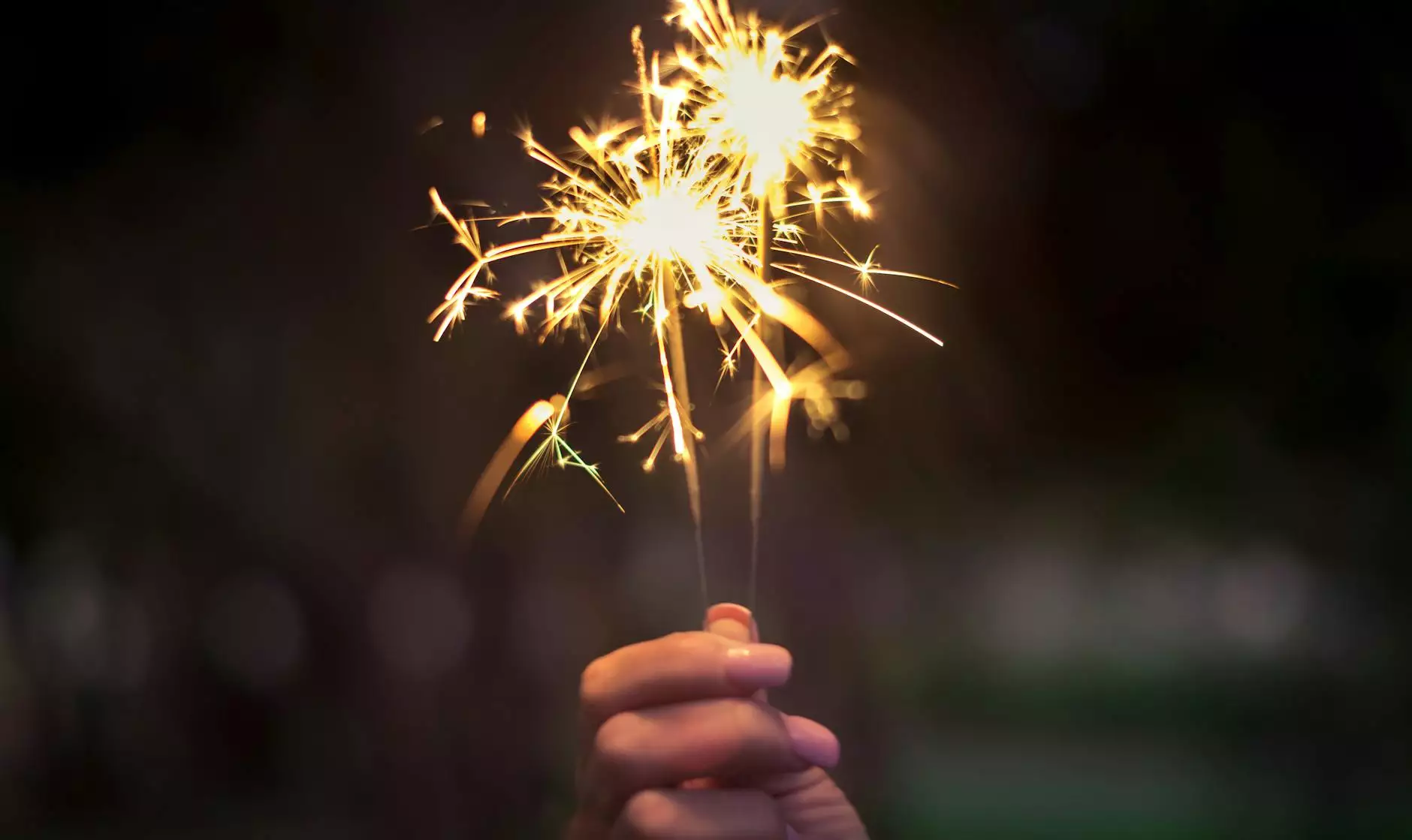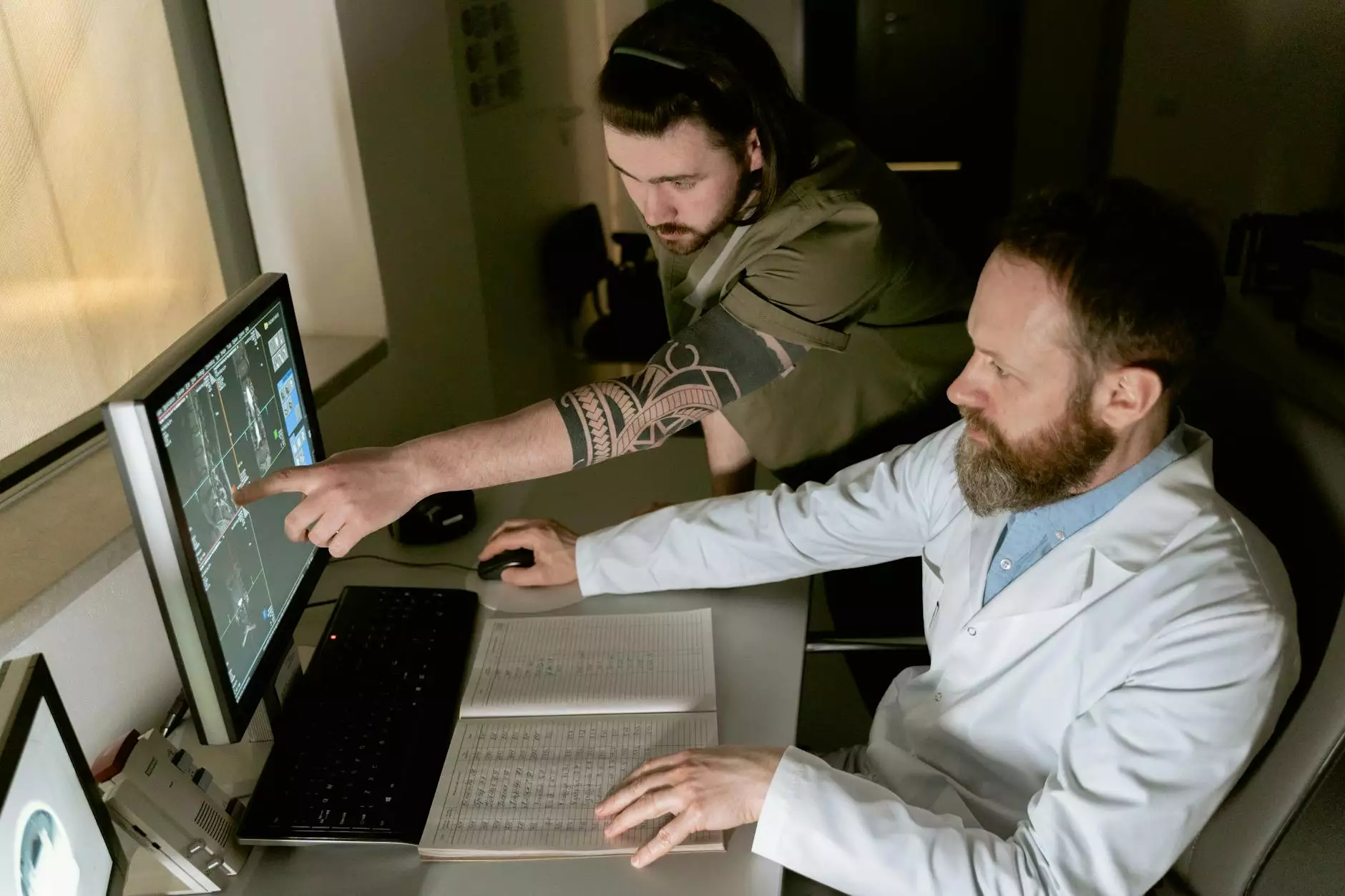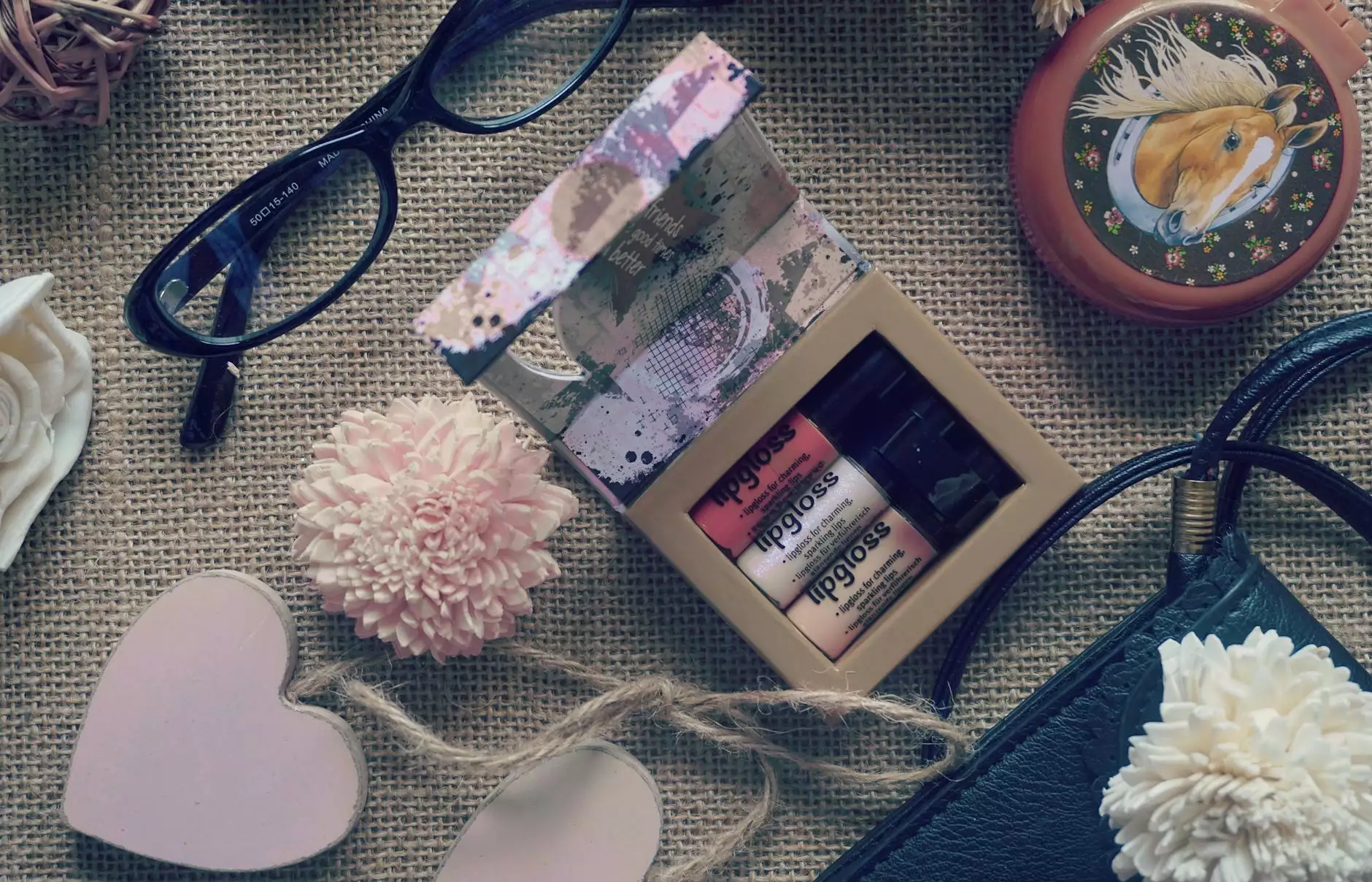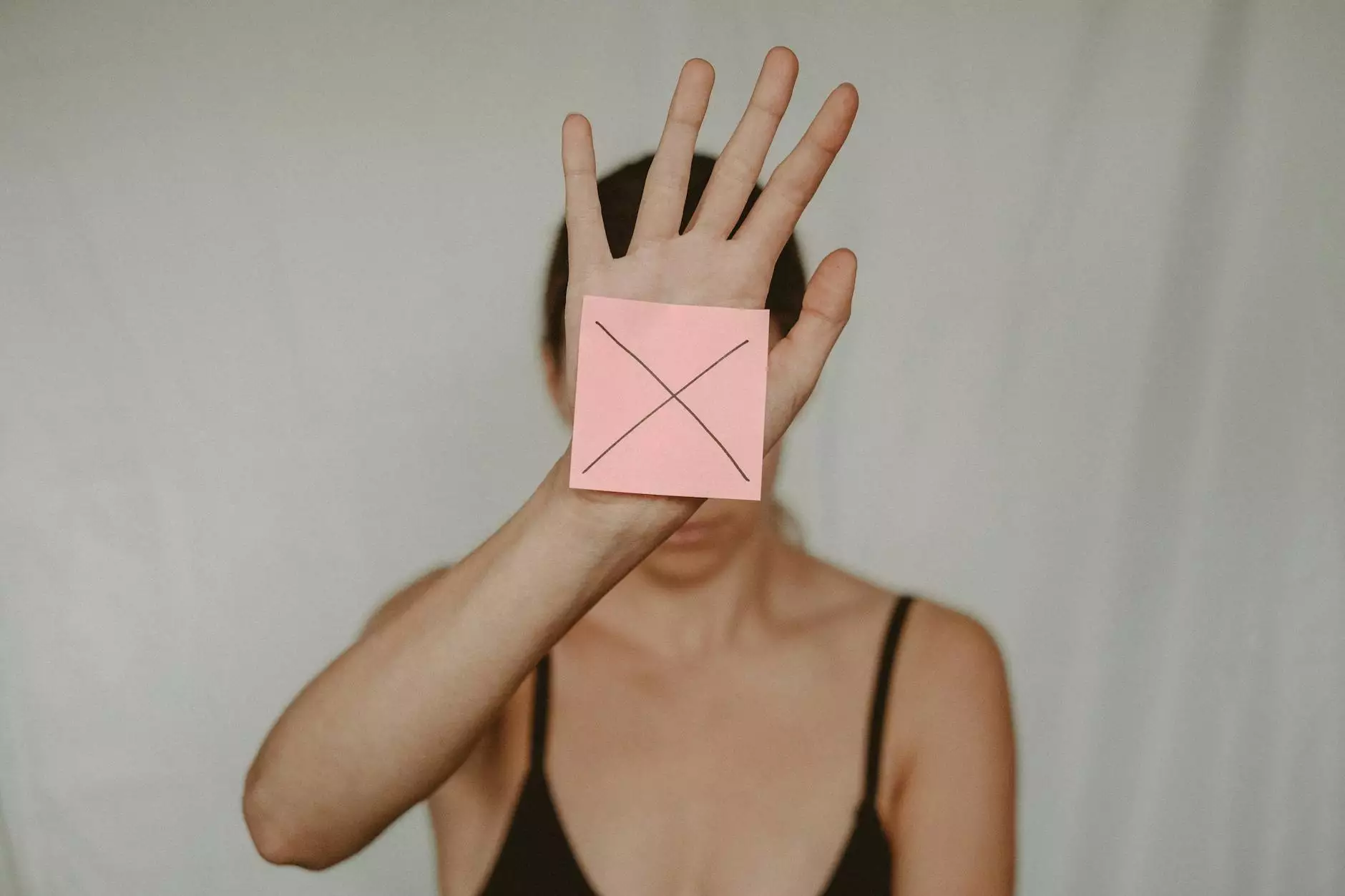Don't Get Burned by Fireworks on the 4th
Blog
Firework Safety Tips from Bowling Orthopaedics
Welcome to Bowling Orthopaedics, your trusted resource for firework safety tips and burn prevention. As the 4th of July approaches, it's important to ensure that your celebrations are fun and injury-free. Fireworks can bring joy and excitement, but they also pose a significant risk of burns and injuries if not handled properly.
Understanding Firework Burns
Firework burns can range from minor to severe, causing pain, scarring, and in some cases, long-term damage. Common types of firework burns include thermal burns, chemical burns, and flash burns. It's crucial to understand the potential risks and take necessary precautions to protect yourself and your loved ones.
Firework Safety Precautions
Prior to lighting any fireworks, make sure to familiarize yourself with the following safety precautions:
- Always follow local laws and regulations: Check your area's laws and restrictions regarding fireworks. Only use legal fireworks purchased from licensed vendors.
- Designate a responsible adult: Assign a sober and dependable adult to supervise and handle the fireworks. Children should never handle fireworks without adult supervision.
- Choose the right location: Find an open outdoor area away from buildings, dry grass, or any other flammable materials. Ensure there is ample space for the fireworks to be launched safely.
- Keep water nearby: Have a bucket of water, a garden hose, or a fire extinguisher on hand to extinguish any fires that may occur.
- Protective measures: Wear safety glasses, gloves, and non-flammable clothing while handling fireworks. Use a long lighter or extended lighting device to maintain a safe distance from the flames.
Firework Injury Treatment
If despite following safety precautions you or someone you know sustains a firework burn, immediate treatment is crucial. Here are steps to take:
- Remove the source of heat: If clothing catches fire, remember to "Stop, Drop, and Roll." Smother flames by covering them with a heavy blanket or using a fire extinguisher.
- Cool the burn: Immediately run cool (not cold) water over the burn for 10-20 minutes to reduce pain and prevent further damage. Avoid using ice as it can cause additional skin injury.
- Protect the burn: Cover the burn with a clean, non-stick bandage or cloth to keep it clean and minimize the risk of infection.
- Seek medical attention: Depending on the severity of the burn, seek medical attention promptly. Minor burns can typically be treated at home, while more severe burns may require professional medical care.
Recovering from Firework Burns
Recovery from firework burns varies depending on the severity of the injury. Here are some general guidelines:
- Follow medical advice: Adhere to the treatment plan provided by your healthcare provider. This may involve keeping the burn clean, changing dressings regularly, taking prescribed medications, and attending follow-up appointments.
- Monitor for signs of infection: Watch for signs such as increased pain, redness, swelling, pus, or fever. Contact your healthcare provider immediately if you suspect an infection.
- Protect the healing skin: Keep the burn area protected from excessive sunlight, extreme temperatures, and additional trauma. Avoid picking at scabs or applying any creams without medical guidance.
- Engage in rehabilitation if needed: Depending on the burn's location and severity, physical or occupational therapy may be necessary to restore function and mobility.
- Emotional support: Coping with a firework burn can be emotionally challenging. Seek support from loved ones or consider joining a support group to help navigate the healing process.
Choose Safety, Choose Fun
At Bowling Orthopaedics, we prioritize your well-being and want you to enjoy a safe and memorable 4th of July celebration. By following these firework safety guidelines, you can minimize the risk of burns and injuries. Remember, your safety comes first, so choose safety, choose fun!
© 2021 Bowling Orthopaedics. All rights reserved.




